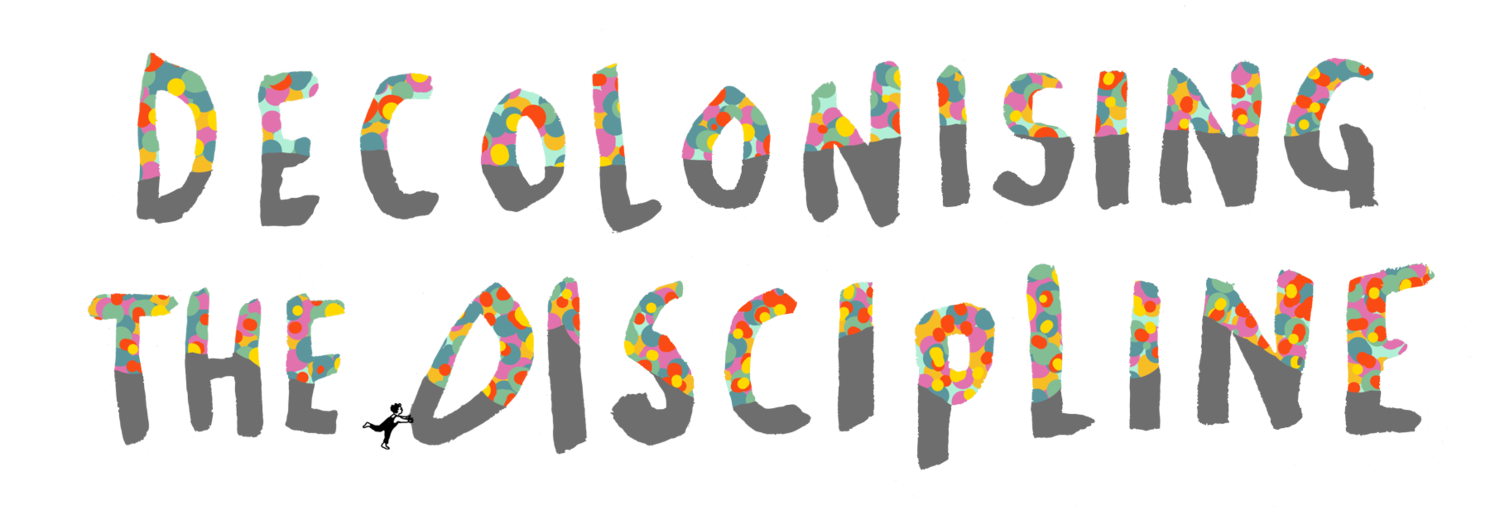Decolonisation and the print-hybrid, on-demand university library
Grant Young, University of East Anglia
Decolonisation at UEA Library was spurred in early 2019 by our Literature school’s request that we support its decolonisation initiatives. I will briefly outline the journey we’ve been taking and some things we hope to do. A particular challenge all academic libraries face – and what I’m very keen for us to talk about – is how decolonisation can be addressed in collections which are a print-digital hybrid - but increasingly digital - and are being built on-demand rather than carefully curated as they were in the past. This on-demand nature of collection-building offers opportunities for decolonisation-minded staff and students to be much more active in shaping Library collections (though this also carries some risks). But the hybrid library means our visible print collections are looking increasingly outdated and wrong. This is because the corrective we are offering to this – those exciting new and more diverse resources – are mostly digital and so are much less visible and often quite hard to find.
While these trends especially affect our scholarly books - those works of criticism and biography - the literature collection itself is still somewhat protected from disappearing into the digital void. However this is not due to anything very enlightened on our part. It’s mostly due to the dynamics of the book market and publisher licensing – all those shiny new novels we have would probably be ebooks too if the publishers would allow us! And a further trend is propelling our literature collection into even more prominence – the push by academic libraries to support the well-being of their students by providing wider/leisure reading. In pulling together those book displays, it tends to be those diverse novels that my colleagues are reaching for. What do we think about this? Is it a good thing that the literature collection becomes the “poster-collection” for decolonisation? Or can this mask some other work we need to be doing around decolonising our collections?
